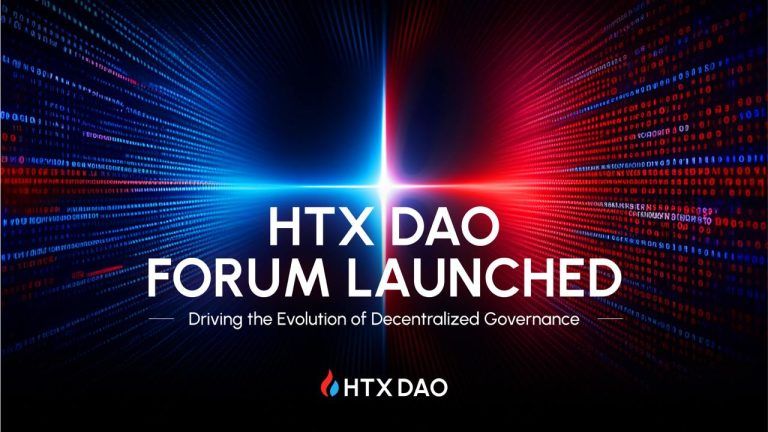Australia has achieved a milestone in cryptocurrency adoption, maintaining a consistent increase in Bitcoin ATMs for 29 consecutive months.
With 1,359 machines across the country, Australia now accounts for 3.5% of the world’s Bitcoin ATMs and ranks third globally in terms of total installations.
Steady Growth Puts Australia in Global SpotlightData from Coin ATM Radar highlights Australia’s unbroken streak of monthly Bitcoin ATM additions, bringing the country closer to surpassing Europe’s total. Europe currently hosts 1,660 Bitcoin ATMs, a narrow lead that positions Australia as a strong contender for the third-largest Bitcoin ATM network globally, following the United States and Canada.
Source: Coin ATM Radar
North America Dominates the MarketThe United States remains the undisputed leader, with 31,516 Bitcoin ATMs, representing 81.3% of the global total. Canada follows with 3,027 ATMs (7.8% of the global share). Together, North America accounts for over 90% of the world’s Bitcoin ATMs, dwarfing Europe and Oceania’s 4% shares and Asia’s mere 0.9%.
Globally, there are 38,753 Bitcoin ATMs as of late December, with Australia contributing significantly to Oceania’s footprint. The country’s sustained growth is a reflection of its progressive approach to cryptocurrency adoption, setting it apart from regions with stricter regulations or slower adoption rates.
Source: Coin ATM Radar
Rising Concerns: Bitcoin ATM-Related ScamsHowever, the expansion of Bitcoin ATMs hasn’t been without challenges. The anonymity and speed of cryptocurrency transactions have made these machines a target for fraud. The United States Federal Trade Commission (FTC) reported over $110 million in losses from Bitcoin ATM scams in 2023, often targeting vulnerable populations. In response, U.S. lawmakers have called on major crypto ATM operators to implement stricter measures to prevent fraud, particularly scams aimed at the elderly.
Bitcoin ATMs have always carried an element of intrigue—and risk—since their inception. Even as early as 2015, they found themselves at the intersection of innovation, celebrity endorsements, and questionable ventures. A notable example was the launch of Mike Tyson-branded Bitcoin ATMs, an effort that brought both excitement and skepticism to the burgeoning crypto space.
Celebrities and Bitcoin: A Mixed BagThe Tyson Bitcoin ATM marked a milestone as the first celebrity-branded Bitcoin product, but celebrity involvement in crypto wasn’t new. Ashton Kutcher had already invested in BitGo, a Bitcoin security platform, while artists like Mel B and Snoop Dogg accepted Bitcoin payments for their products. However, Tyson’s move was unique—this wasn’t just an endorsement. His name was tied directly to the product, with a dedicated marketing push behind it. Yet, questions about transparency and legitimacy arose almost immediately.
Las Vegas, a city known for its flair and excess, was ahead of the Bitcoin adoption curve in 2015, boasting eight Bitcoin ATMs and a rumored ninth machine at the Luxor. One casino even had a Bitcoin ATM in its lobby. Adding to the city’s crypto credibility, the CoinAgenda Bitcoin conference was held there in October, with an “offsite cocktail party” at Tyson’s former home. The city’s growing Bitcoin presence tied in naturally with Tyson’s own branding as a Sin City icon.
The Mystery Behind Mike Tyson Bitcoin ATMsDespite the fanfare, the legal and operational structure behind the Tyson-branded ATMs raised eyebrows. The website for the ATMs provided minimal details, listing only Bitcoin Direct, LLC, as the business entity. Digging deeper revealed that the domain name, miketysonbitcoin.com, was registered to Peter Klamka in Ann Arbor, Michigan. Klamka, the CEO of various ventures including Bitcoin Brands, Inc., was no stranger to controversy. His company, originally known as Cephas, pivoted into Bitcoin ATM sales after a name change, adding to concerns about the legitimacy and long-term viability of Tyson’s crypto endeavor.
Scams Loom Large in Early Crypto ATM DaysThe lack of transparency and the involvement of questionable figures like Klamka highlight how scams and exploitation have often been part of the Bitcoin ATM landscape. The Tyson-branded ATMs, while flashy and innovative, epitomized a recurring issue in the crypto world: ambitious ventures tied to weak or opaque foundations. This laid the groundwork for the modern-day challenges facing Bitcoin ATMs, including their misuse in fraudulent schemes, as seen in today’s headlines.
In retrospect, the Tyson Bitcoin ATM saga serves as a cautionary tale, illustrating how crypto ATMs have always been a double-edged sword—offering convenience and accessibility while remaining fertile ground for scams and shady dealings.



















